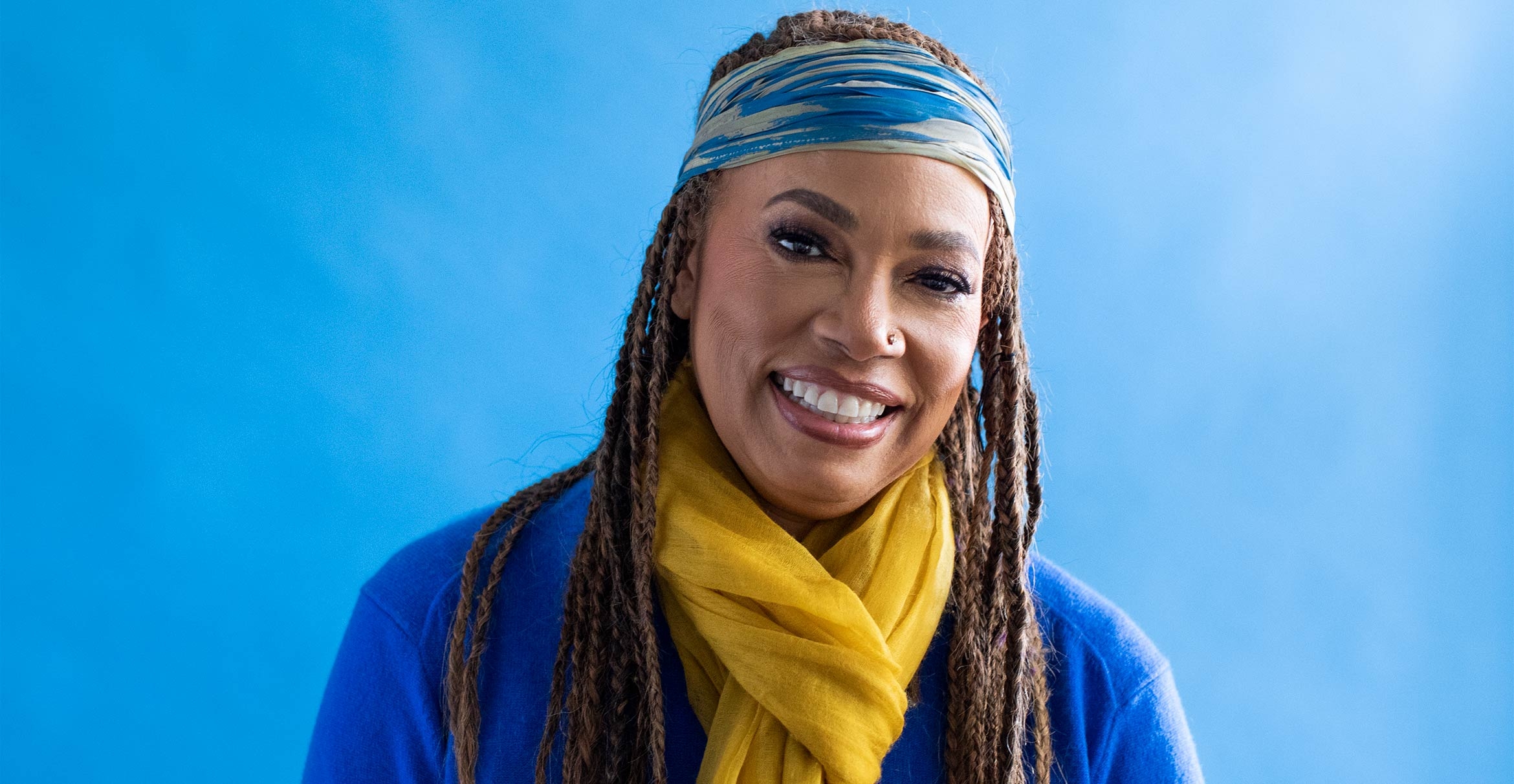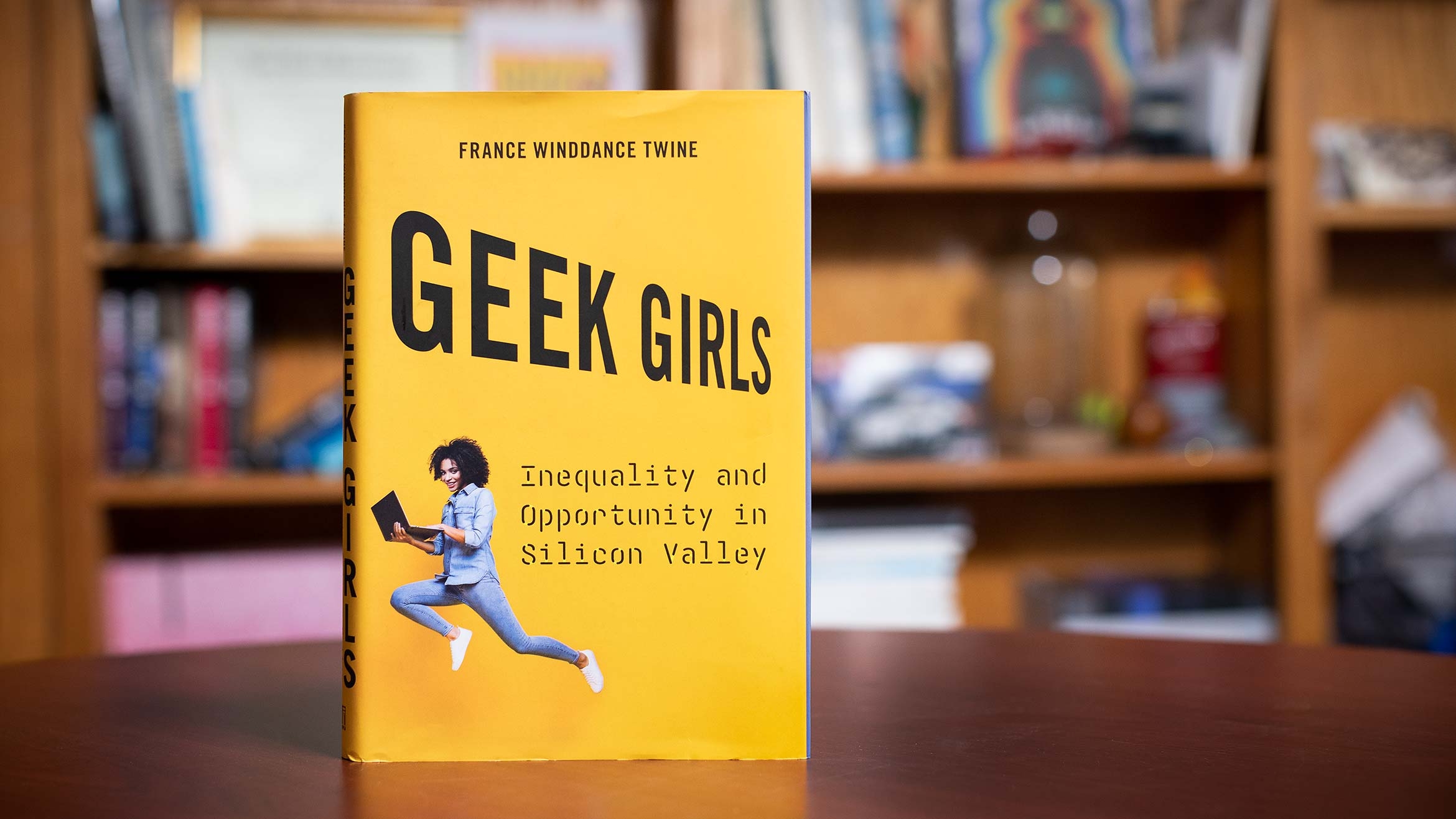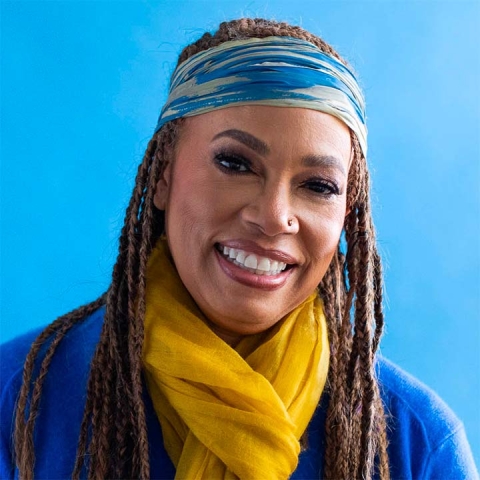
New book offers firsthand accounts of inequality in Silicon Valley, centers Black and Latinx women
Many Americans follow that old adage about how anything can be achieved through hard work and perseverance. But in the world of big tech, it’s not that straightforward, especially for women — and particularly for Black and Latinx women.
While much has been written about gender and racial discrimination in the industry, a book by a UC Santa Barbara professor is the first to provide firsthand accounts from inside the startups and the giants of Silicon Valley, including Apple, Facebook, Google and Twitter.
“My research on the occupational pathways and experiences of women brings together my intellectual commitments to the intersecting fields of migration, race and ethnicity, gender and critical technology,” said sociology professor France Winddance Twine, author of “Geek Girls: Inequality and Opportunity in Silicon Valley” (NYU Press, 2022). “One of my goals with this book was to disentangle the ways that caste background, class, racial mythologies and migration shaped and differentiated the opportunities available to women seeking careers in big tech.”
“Geek Girls” will be featured at the Los Angeles Times Festival of Books, April 22–23; Twine will be part of a panel discussion covering Silicon Valley.

Over the course of her career, Twine has researched topics of inequality, and her interest in the workforce demographics of big tech firms in Silicon Valley was first piqued in 2014 by data revealed through a Freedom of Information Act request by the San Jose Mercury News.
“The numbers were not only dismal but they did not reflect the actual numbers of university-educated Blacks and Latinx in California,” Twine said. “I became interested in the gap between the discourse of the CEOs and diversity representatives and the actual experiences of these groups of people with applicable skills. There were no sociological studies that really focused on the question of how it was possible for white college dropouts to get hired into tech firms while university-educated Black and Latinx women and men struggled to get a foot in the door.”
Twine’s study soon evolved from a small unfunded project into “a full-blown book,” she said. “I realized that I was learning more from journalists and legal documents than from the sociological literature on this group of highly paid tech laborers. Black and Latinx — and also white women from working-class origins — were invisible in the literature.”
Of particular interest to Twine was the story of Maya (a pseudonym for a prominent Black woman at a major firm), whose experiences illuminated the barrier that technically skilled non-Asians face. Maya’s story also directly challenged the discourse that the industry simply could not find qualified Black or Latinx workers.
As profiled in the book, Maya was a self-employed entrepreneur who did not graduate from a prestigious university or enjoy the connections of a top-ranking alumni network. She had taught herself how to code and built real-world experience by launching her own consulting business.
In line with that old adage about achieving goals through nose-to-the-grindstone dedication, Maya had seemingly done everything right, Twine explained. “But ultimately, despite all that she had done to advance her career — all of that initiative and hard work — it was her friendship with an Asian American woman that landed her a connection to a recruiter. At many firms — not all — class matters the most; it’s about having the right connections.”
“It’s still shocking to see how few Black and Latinx females are getting hired,” Twine added.
To a certain degree, Twine said she can relate to Maya’s early struggles and feelings of being out of place.
Twine grew up in working class neighborhoods in Chicago. Her father was Native American, and her mother was Black and Native American with roots in Louisiana. Twine is an enrolled citizen of the Muscogee Nation of Oklahoma.
She graduated from high school early and at 16 began pre-med studies at Northwestern University, the first in her immediate family to go to college.
She remembers being in love with the sciences but found pre-med to be stressful. “I was the youngest and the only Black person in those classes,” Twine said. “I felt that there were no examples for me, no role models."
Twine shifted to cell biology and graduated when she was 20. She spent six years in inpatient psychiatry, treating adolescents who’d been sexually abused or were struggling with eating disorders.
“Then I went back to school to become a sociologist,” she said, drawn to the field’s range of thought and application. “Sociology covers so many things that can help you understand how people make decisions. It helped me bridge my interests in biology, psychiatry and the economics of our social systems. Those are sociological questions. I had so many interdisciplinary questions, and I’m especially grateful to UCSB for enabling me to make the space to be the scholar I am.”
Keith Hamm
Social Sciences, Humanities & Fine Arts Writer
(805) 893-3207
keithhamm@ucsb.edu




